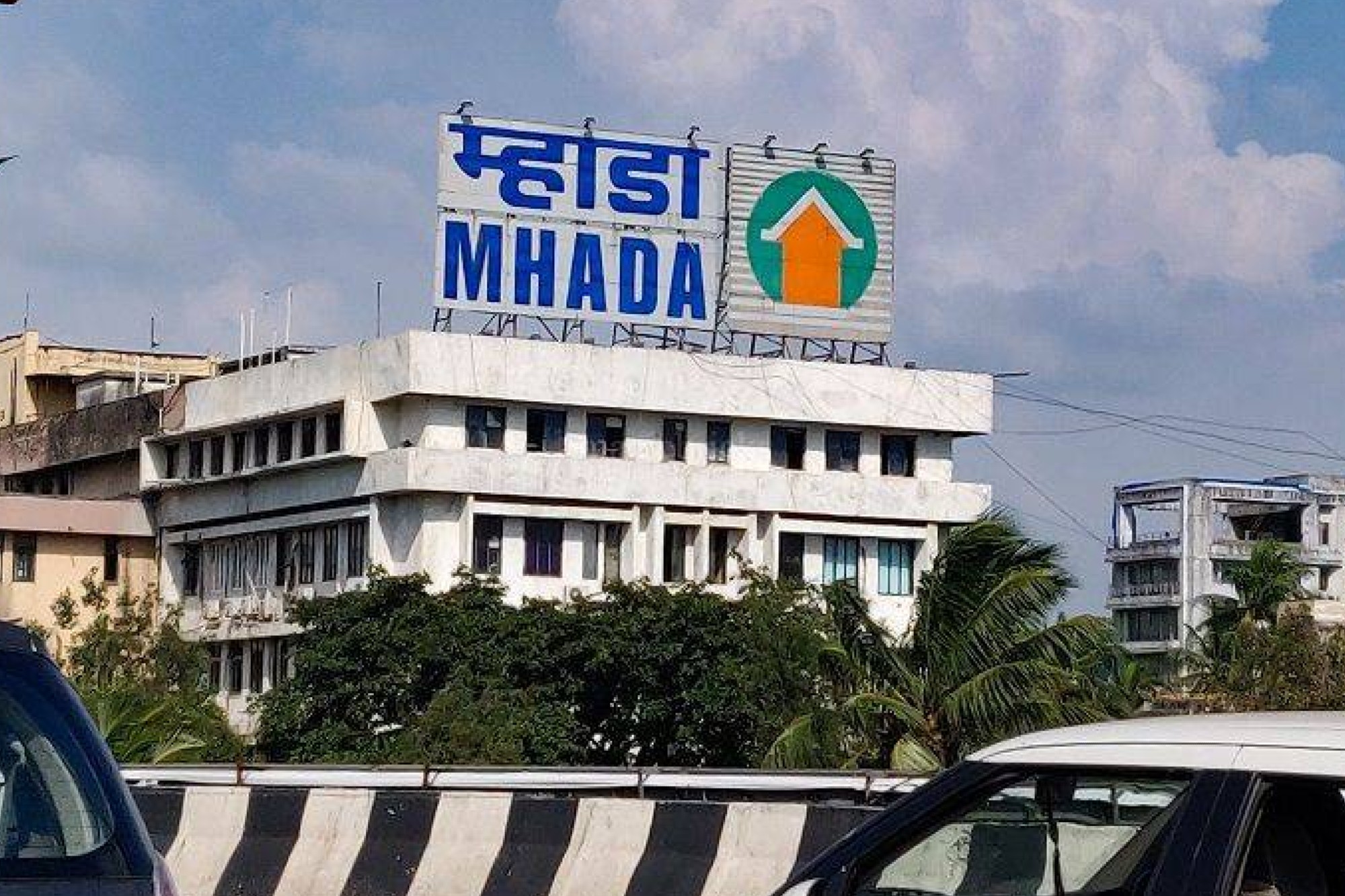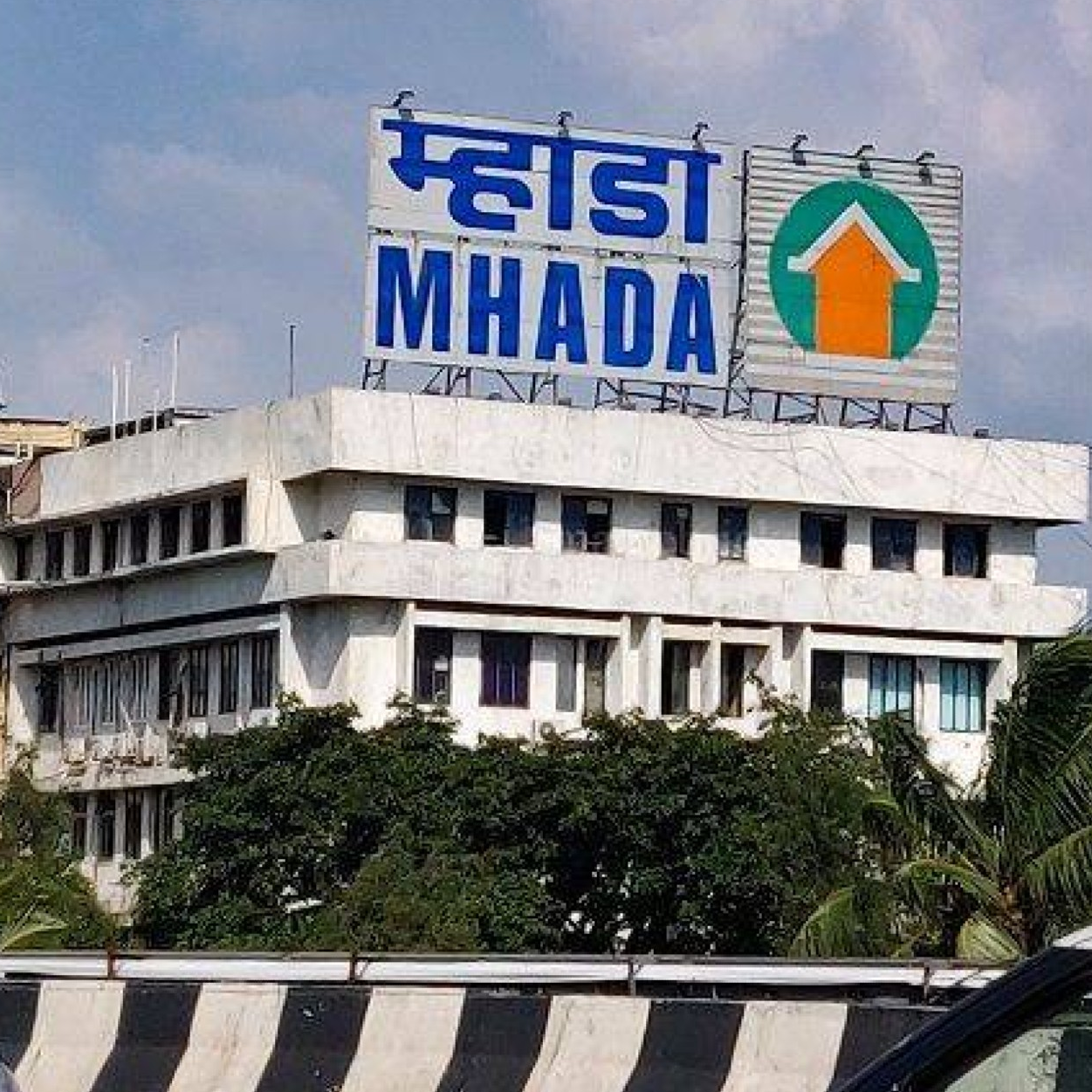
MHADA Takes a Firm Stand Against Fake Housing News A Step Towards Digital Transparency and Public Trust
In a decisive move reflecting strong administrative leadership, IAS Sanjeev Jaiswal, Vice President and CEO of the Maharashtra Housing and Area Development Authority (MHADA), has reinforced the organization’s commitment to digital transparency and citizen trust. Under his direction, the Pune Board of MHADA has filed a complaint with the Cyber Police against unknown individuals spreading false and misleading news related to affordable housing lotteries. This proactive step not only safeguards citizens from digital fraud but also strengthens MHADA’s image as a responsible and responsive public institution in an era of rapid online misinformation.
At a time when social media can amplify rumours within minutes, such timely action demonstrates MHADA’s evolving governance approach, where technology is not just a medium for service delivery but also a frontier for accountability. The incident, centered around fake claims that homes worth ₹90 lakh in Wakad and Hinjawadi were available for just ₹30 lakh, reveals the darker side of digital virality in the housing ecosystem. Yet, MHADA’s firm response sets a precedent for how public institutions can blend cyber vigilance with citizen awareness to build a more transparent housing environment.
The Anatomy of the Fake News: How Rumours Spread Faster Than Facts
The false news in question originated from social media posts and reels that mimicked official announcements using MHADA’s logo and branding. These posts falsely claimed that under the 20% Comprehensive Housing Scheme, houses in prime Pune locations like Wakad and Hinjawadi were being offered at dramatically reduced prices. Several influencers and “reel stars” shared these claims, giving them an air of legitimacy.
Such tactics exploit the trust deficit between citizens and digital platforms, a phenomenon that’s increasingly shaping public perceptions of government programs. According to recent data from the Internet and Mobile Association of India (IAMAI), nearly 38% of Indian internet users have encountered misleading or fake government-related content online, underlining the need for verified information channels.
Recognizing the gravity of the situation, the Pune Board’s complaint, lodged with the Cyber Police Department, signals a broader shift in how public bodies are tackling misinformation. The case will likely serve as an example for other government institutions navigating similar digital threats.
Behind the Scenes: A Growing Housing Ecosystem Rooted in Trust
While the controversy grabbed attention, the larger narrative here is one of growth, reform, and accountability. MHADA’s ongoing housing lottery in Pune, covering 4,186 homes under the 15% Integrated Scheme and the 20% Comprehensive Scheme, is a part of its long-standing mission to make affordable housing accessible to middle- and lower-income families.
The registration and application process, which began on September 11, has been extended until November 21 to ensure maximum participation. The lottery draw will now be conducted on December 11, offering transparent and merit-based allocation of homes.
In an age where the real estate sector is often associated with opacity and misinformation, MHADA’s structured, rule-based lottery systems serve as a benchmark for transparent governance. With digital verification tools, online applications, and public draw events, MHADA has steadily enhanced the credibility of its housing programs across Maharashtra.
Leadership in Action: The Role of IAS Sanjeev Jaiswal
Under the stewardship of IAS Sanjeev Jaiswal, MHADA has embraced a governance model rooted in three principles, transparency, accountability, and citizen empowerment. Jaiswal’s administrative track record reflects an emphasis on blending traditional public service ethics with modern digital mechanisms to deliver better outcomes.
By taking swift cyber action against misinformation, MHADA under his leadership has not only protected citizens from potential scams but also reaffirmed its reputation as a digitally responsible housing authority. The broader goal isn’t just about punishing offenders, it’s about building awareness, promoting responsible online behaviour, and ensuring citizens depend solely on official MHADA communication channels.
Such an approach mirrors the larger vision of “Digital India” where technology-driven transparency becomes the foundation of trust between government and citizens. In Jaiswal’s words from earlier public addresses, “A transparent system is the strongest form of social equity.” The current episode is a living embodiment of that principle.
A Constructive Lesson in the Age of Virality
Rather than viewing the incident purely as a challenge, MHADA has reframed it as an opportunity to educate citizens on digital responsibility. In collaboration with local media and civic groups, awareness campaigns are now being planned to help applicants distinguish authentic government communication from social media fabrications.
This approach reflects a deeper shift, from reactive governance to preventive and participatory governance. MHADA’s emphasis on transparency, backed by the Cyber Police’s involvement, serves as a reminder that information integrity is as important as housing infrastructure in a modern democracy.
Furthermore, MHADA’s initiative resonates with global best practices in public communication. From Singapore’s “Gov.sg” portal to the UK’s “Verify” program, governments worldwide are focusing on direct citizen engagement and fact-checking systems to combat misinformation. MHADA’s move aligns Maharashtra with this global trajectory, placing it among states actively fortifying public trust in digital governance.
Building Trust Through Verified Information
The incident has also reignited discussions about citizen-media responsibility. As housing becomes an aspirational dream for millions of Indians, the temptation to believe “too-good-to-be-true” offers is natural. However, MHADA’s repeated appeals, to rely only on its official website (mhada.gov.in) and verified press releases, highlight a key civic message: trust must be built through official transparency, not viral sensationalism.
In a city like Pune, where real estate prices have surged nearly 12% year-on-year (2024 data, Knight Frank India), affordable housing schemes are lifelines for middle-income citizens. False claims not only exploit this aspiration but also erode confidence in legitimate government programs. MHADA’s proactive response ensures that such erosion stops at the source.
Conclusion: From Crisis to Confidence
What began as a case of fake news has evolved into a lesson in institutional resilience. MHADA’s cyber complaint, guided by the vision of IAS Sanjeev Jaiswal, demonstrates how responsible governance can turn misinformation into an opportunity for reform. It underscores a crucial fact, that in the digital era, the most powerful safeguard against fraud is trust built on verified truth.
As the housing lottery progresses toward its December draw, MHADA stands as a model for how public agencies can maintain credibility in the face of online manipulation. The message to citizens is clear: Stay informed, stay alert, and always verify.
In a nation where dreams of home ownership meet the speed of digital communication, MHADA’s stand serves as both shield and signpost, a shield against deceit, and a signpost pointing toward a future built on transparency, awareness, and trust.

